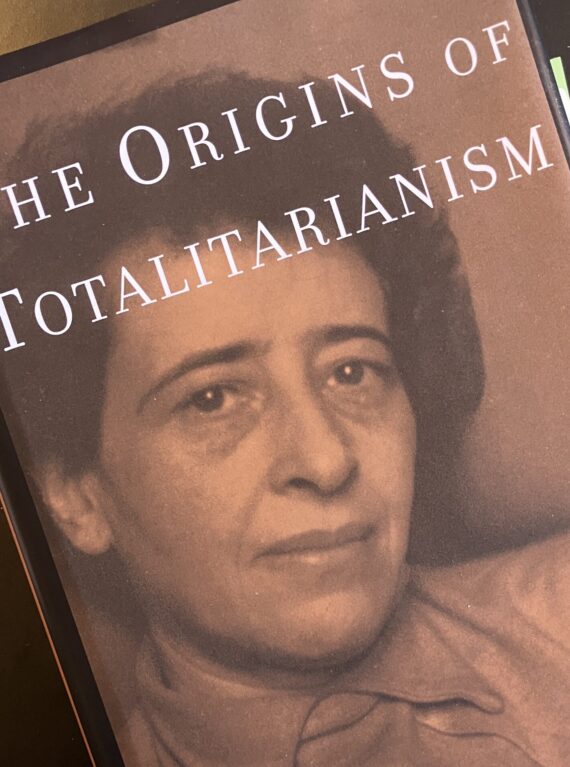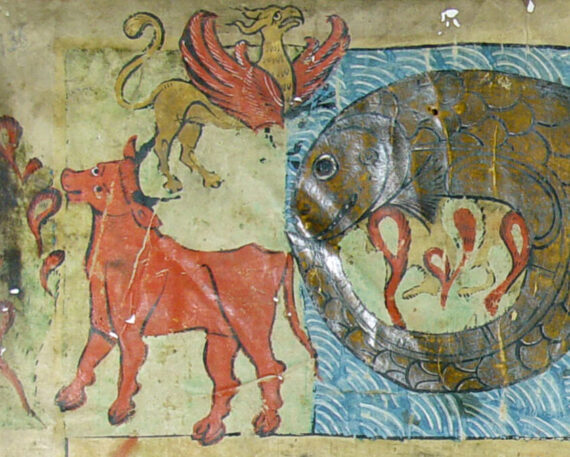By contrast to Franz Neumann, who characterized the Third Reich as lawless and chaotic, a “non-state” in his words, and to Ernst Fraenkel, who identified both a rule bound and lawless dimension to what he called the “Dual State,” Hannah Arendt argued that totalitarian forms of government (including both Nazi Germany and Stalinist USSR) disregard positive law but aspire to a higher law. For Nazi Germany, Arendt describes that higher law as “the law of nature,” by which she means the white supremacist belief in the superiority of the Aryan race as a matter of genetic science. In the case of the Soviet Union under Stalin, Arendt described the higher law as “the law of history,” understood as a historical materialist theory that inextricably led to the dictatorship of the proletariat, or in her words the superiority of a class. We have seen this played out recently in American politics: political leaders claiming that the enforcement of positive law is purely political and being weaponized, and should give way instead to a popular conception of what is right. [Continue reading here…]
Behemoth
Ernst Fraenkel’s 1927 essay Zur Soziologie der Klassenjustiz (‘On the sociology of class justice’) had disparaged social-democratic trust in German law as a site for political reform. The law, he contended there, could not be understood in abstraction from its actual practitioners who were, after all, endowed with a specific class position. Franz Neumann, too, sought to point to the necessity of rethinking the law from its liberal foundations. In his Behemoth (1942), Neumann would chastise Social-Democracy for its ‘complete reliance on formalistic legality’ and its inability — or outright reluctance — to ‘root out the reactionary elements in the judiciary’. But more than this: According to Neumann, the parties supporting the republic had relied too much on an easy pluralism which sought to dissolve sovereignty and the unity of the state into a system of plural stakeholders in constant negotiations. This strategy had kept Social-Democrats outside of the real centers of power: the army, bureaucracy, the judiciary and, crucially, industry itself. It had given their political successes in labour law and social legislation a fragile character without robust political backing. [Continue reading here…]


